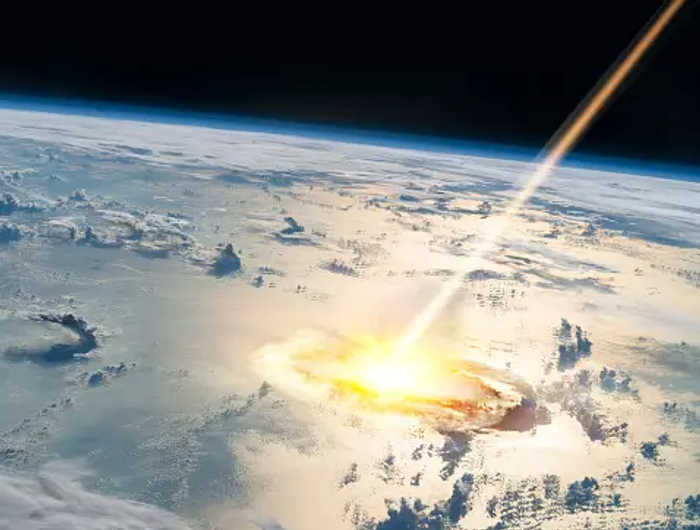Published 13:05 IST, June 23rd 2024
NASA Exercise Reveals 72% Chance of Hypothetical Asteroid Impact, Highlights Planetary Defense Gaps
NASA's exercise reveals a 72% chance of asteroid impact, highlighting significant gaps in planetary defense and the need for improved readiness.
- Science
- 3 min read
Have you ever thought about what will happen if an asteroid collides with our planet earth? Will there be any life left on the planet?
But in a hypothetical exercise, NASA has discovered that a potentially hazardous asteroid has a 72% chance of hitting Earth, raising concerns about our current preparedness to prevent such an event. The findings were part of NASA's fifth biennial Planetary Defense Interagency Tabletop Exercise, held in April and summarized in a report released on June 20. The exercise took place at the Johns Hopkins Applied Physics Laboratory (APL) in Laurel, Maryland.
The tabletop exercise included nearly 100 representatives from various US government agencies and international collaborators. While there are no known significant asteroid threats in the foreseeable future, the exercise aimed to assess Earth's readiness to respond effectively to the threat of a potentially hazardous asteroid.
NASA emphasized that the exercise provided valuable insights into the risks, response options, and opportunities for collaboration posed by varying scenarios. According to Lindley Johnson, the planetary defense officer emeritus at NASA Headquarters in Washington, “The uncertainties in these initial conditions for the exercise allowed participants to consider a particularly challenging set of circumstances. A large asteroid impact is potentially the only natural disaster humanity has the technology to predict years in advance and take action to prevent.”
The summary of the exercise noted, “During the exercise, participants considered potential national and global responses to a hypothetical scenario in which a never-before-detected asteroid was identified that had, according to initial calculations, a 72% chance of hitting Earth in approximately 14 years.” Specifically, the scenario involved a “72% chance of Earth impact on 12 July 2038 (14.25 years warning time).”

However, NASA cautioned that this preliminary observation is not sufficient to precisely determine the asteroid's size, composition, and long-term trajectory. The exercise highlighted several key gaps in Earth's planetary defense capabilities: “Decision-making processes and risk tolerance not understood. Limited readiness to quickly implement needed space missions. Timely global coordination of messaging needs attention. Asteroid-impact disaster management plans are not defined.”
Significantly, this was the first exercise to use data from NASA's Double Asteroid Redirection Test (DART) mission. DART is the first in-space demonstration of a technology for defending the planet against potential asteroid impacts. NASA confirmed that DART has shown a kinetic impactor could change the trajectory of an asteroid.
In efforts to ensure that Earth will have adequate time to evaluate and respond to a potentially hazardous asteroid, NASA is developing the Near-Earth Object Surveyor (NEO Surveyor). NEO Surveyor is an infrared space telescope designed to expedite the discovery of most potentially hazardous near-Earth objects many years before they could become an impact threat. NASA plans to launch the NEO Surveyor in June 2028.
As these exercises continue to highlight critical gaps and the need for improved coordination, NASA and its partners are pushing forward with technology and strategies to enhance planetary defense and ensure Earth’s safety against potential asteroid threats.
Updated 13:05 IST, June 23rd 2024
